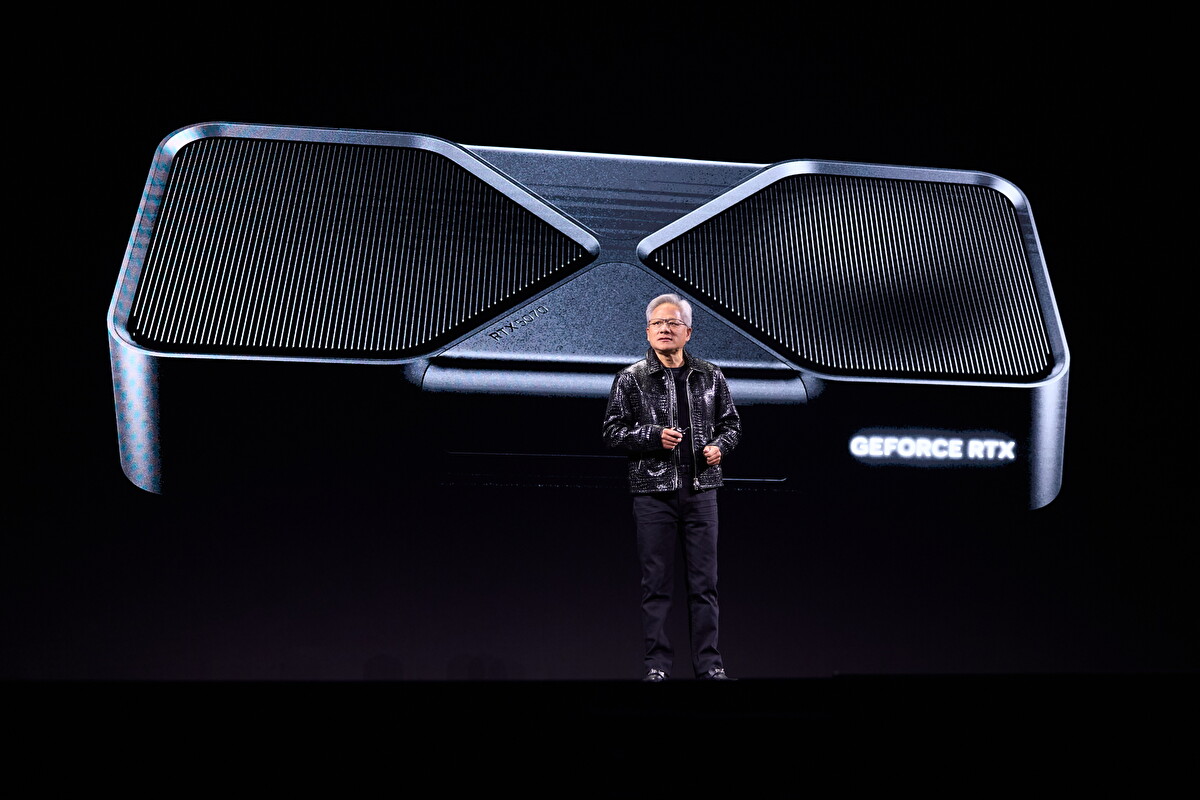Capri Revolution is a period drama about a young woman goatherd, Lucia (Marianna Fontana), in Capri in 1914. The film deals with the tension between the conservative inhabitants of the island and a community of free-spirited artists and intellectuals led by Seybu (Reinout Scholten van Aschat). Seybu is a fictional version of the German painter Karl Diefenbach, who established an artistic commune in Capri between 1900 and 1913.
Lucia, who comes from a conservative family, feels herself drawn to the community of liberals. She yearns for more than the simple life she is living.
As is the case for so many other films of the 2019 Open Roads Film Festival, Martone’s cinematography is very much influenced by the landscape of the location, in this case: the idyllic island of Capri. The opening sequence shows the protagonist, Lucia, walking up the hill in a close up. She blends perfectly into the landscape.
What drew you to that specific time period and Capri?
Martone: Capri Revolution was a period of discovering unknown things – the resistance of a commune of utopians. It was surprising to me because it seemed like a community from the 1960’s, but it happened at the beginning of the 1900’s. So I started researching that time period and started my journey of discoveries.

Do you see the themes of the film reflected in modern times?
Martone: Yes, of course. When I make a film about a different time period I always relate it to the present. It is inevitable since I am a man living in 2019, so my perspective will always be influenced by the present. I am interested in how things that were important at that time can still be alive today. I am not interested in making a reconstruction of what used to be. For example, I think that the passion of the young people and their utopian ideals during Capri Revolution still exists today. Or better said, that kind of passion should always exist.
In the film there are a lot of philosophical discussions. Is there anyone you identify most with? Who in the film would be your voice?
Martone: I would be Lucia, drawn to all these different things and ideas. She yearns for more in her life. She yearns to discover the unknown.
You also directed a lot of operas, does opera affect your film making style at all?
Martone: When I make a film I use different parts of my brain than when I do theatre or opera. Of course it is inevitable that each one influences the other a little bit, but in general, I try to keep it separate.
What are your other influences?
Martone: I’ve made a lot of very different films. I always enjoy going on a journey into the unknown, discovering things along the way through working with the actors and the crew.
Do you have a new project coming up?
Martone: Yes, I made a film adapted from a theatrical text of Eduardo de Filippo; it’s called Il Sindaco di Riunione Sanità (English: The Mayor of Rione Sanità). It will come out soon.
What do you think about New York? Could it inspire you for a film?
Martone: I have been coming to New York since I was 22 years old. We had a play at Café La MaMa. Scorsese was there, Andy Warhol, everyone in New York. And I have come back to New York many times since then. So yes, of course I would like to make a film in New York. I consider it my third city, after Rome and Naples.
Capri-Revolution will be screening on Sunday June 9th at 6 PM. Click here for more information.












